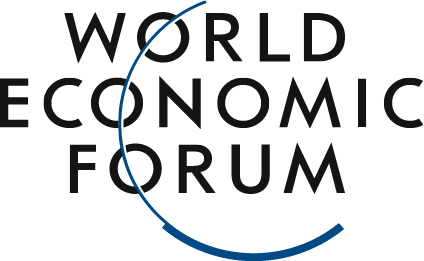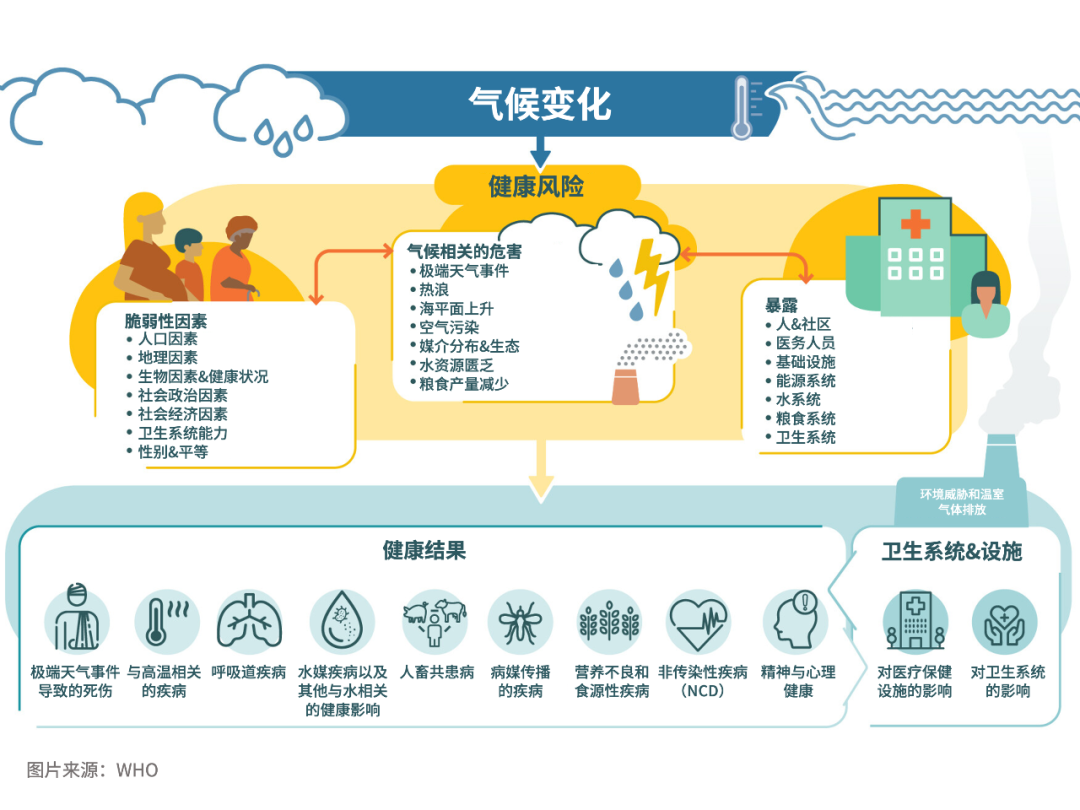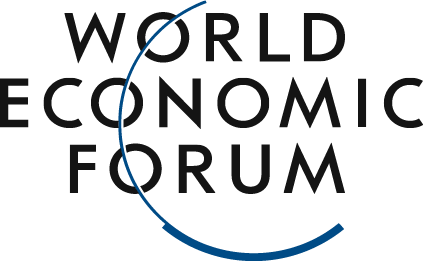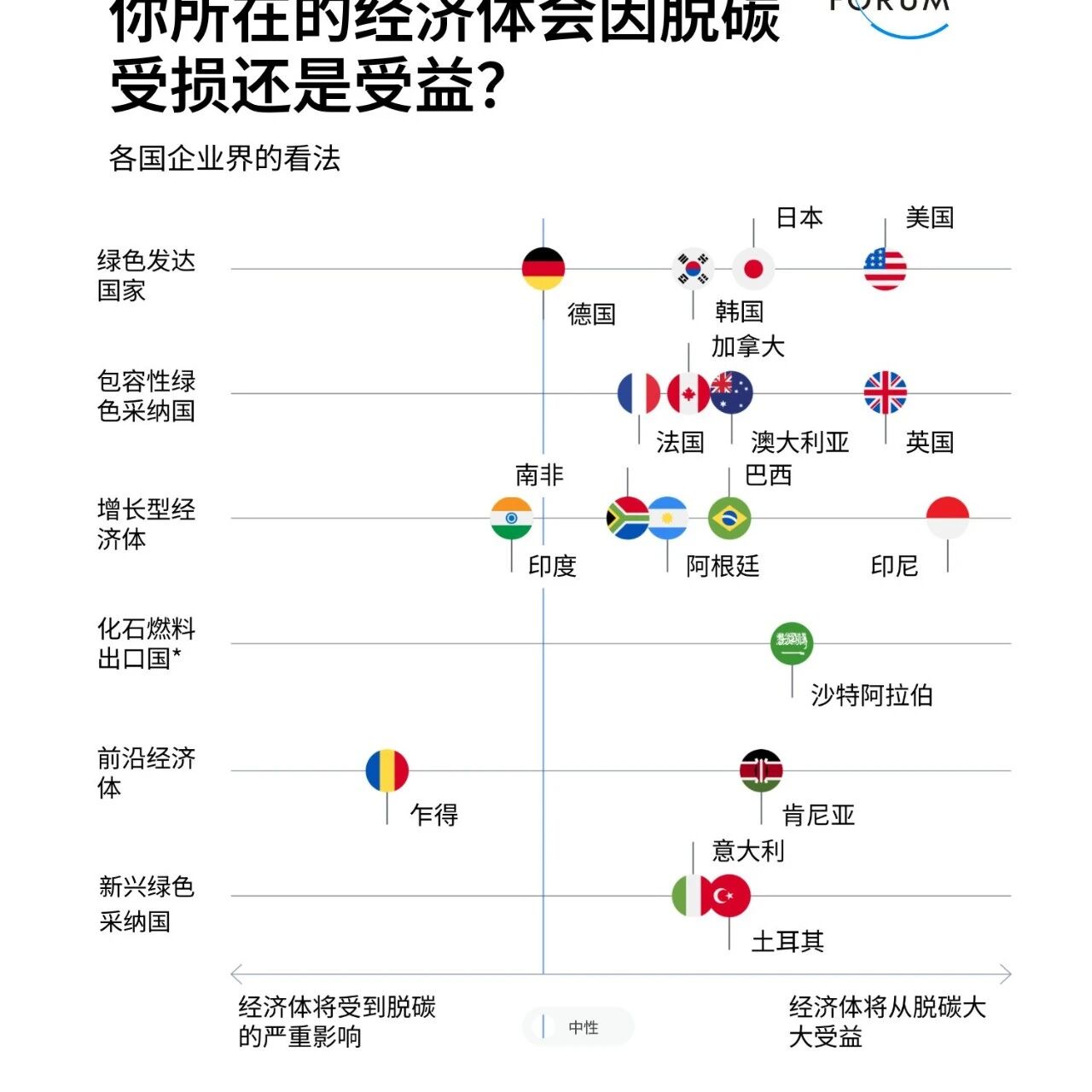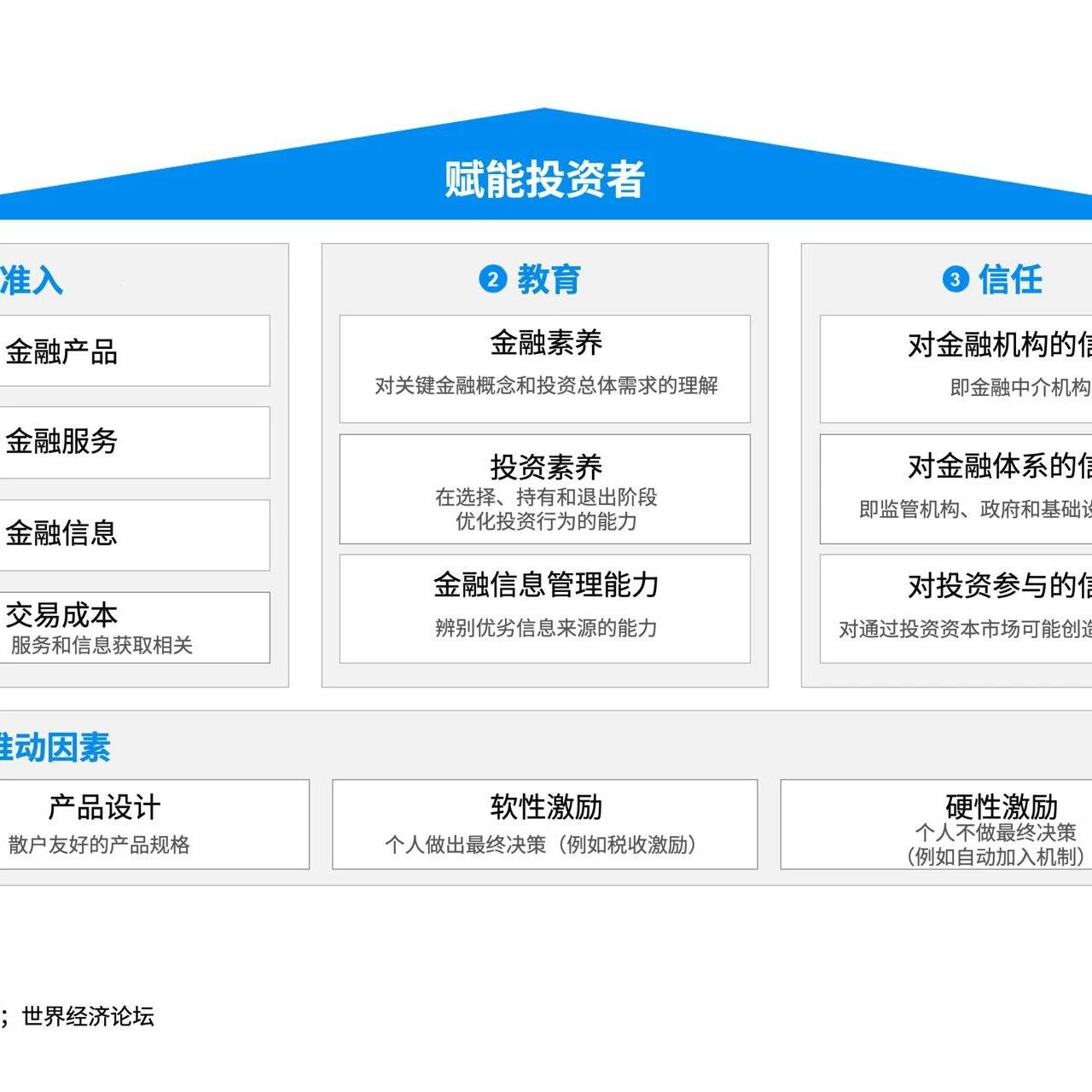Children are particularly vulnerable to the effects of climate change.
Image source:Unsplash/Zhen H
Rebecca Geldard
Senior Writer for the Forum Agenda
According to the World Economic Forum's report, "Quantifying the Impact of Climate Change on Human Health," by 2050, the climate crisis is expected to result in an additional 14.5 million deaths and $12.5 trillion in economic losses.
Children are particularly vulnerable to the impacts of climate change, with heatwaves and extreme temperatures posing serious risks to their health.
UNICEF Deputy Executive Director Katie van der Heiden detailed how climate change events are impacting children’s long-term survival, growth, and development, emphasizing the critical need to place children at the heart of policymaking.
"Children must be placed at the heart of global climate action."This is the appeal issued by UNICEF to the global community ahead of this year’s 28th United Nations Climate Change Conference (COP28).Global monthly average temperatures have set new records for 13 consecutive months. According to data from the EU's Copernicus Climate Change Service, in July 2024, the world experienced two of its hottest days on record within just one week, with global daily average temperatures reaching 17.15°C and 17.09°C, respectively.The climate crisis and rising temperatures affect all of us, with children bearing a particularly heavy burden. Yet, according to UNICEF data, programs addressing children’s needs receive just 2.4% of climate financing from major multilateral climate funds.The World Economic Forum consulted Katie van der Heiden, UNICEF Deputy Executive Director, on how climate change is impacting children’s health—and what actions are needed to support kids. Katie van der Heiden highlighted three key areas that deserve attention.Climate begins to exert its influence even before children are born.Extreme temperatures can be life-threatening, especially for older adults and vulnerable populations, as they can exacerbate existing health conditions. According to the World Health Organization (WHO), heatwaves are the leading cause of weather- and climate-related deaths.Katie van der Heiden pointed out that children are more vulnerable to all types of climate change than adults—especially heatwaves, whose effects can even begin before birth."Hot spells affect children very differently from adults. In fact, the impact begins even before a child is born—something that unfortunately remains largely unrecognized. As heatwaves become more frequent, last longer, and reach higher temperatures, premature birth rates are also on the rise. This means women may deliver prematurely because their bodies simply can’t cope with the extreme heat.""The baby was born with an extremely low birth weight, placing it at a health disadvantage from the very start. Additionally, prolonged droughts and heatwaves have also affected breast milk—reducing its quantity and altering its quality."Climate change affects health—either directly or indirectly.
Image source:WHO
Health Challenges Faced by Infants and Young ChildrenAnother key issue is that infants and young children cannot adapt to temperature changes as easily as adults, especially premature babies.“Infants and young children can’t regulate their body temperature the way we do. We can breathe faster and sweat to cool down, but babies can’t—their sweat glands aren’t fully developed yet, so they can’t rely on sweating to lower their body temperature. This lack of ability to dissipate heat can lead to organ failure, such as kidney failure.”"Infants also have much faster breathing rates than adults, making them especially vulnerable to the effects of pollution," Katie Vanderheiden added."This means babies are inhaling toxic air at twice the rate—air polluted by wildfires and harmful gases released from burning fossil fuels. When newborns’ rapidly expanding lungs take in this contaminated air, it can lead to lifelong consequences. In fact, studies have shown that when pregnant women breathe polluted air, it can even affect the developing brains of embryos in the womb. And once these effects occur, they’re irreversible."Broader Impacts on Children's LivesMore frequent and severe natural disasters are posing a range of immediate and long-term health challenges.Katie van der Heiden pointed out that climate-related issues—such as disruptions to food production and the spread of diseases—also impact children's survival, growth, and development."I'd like to add some factors that may not be directly tied to the heatwave but could still have a unique impact on children. As we all know, food production is declining due to heatwaves and droughts.""If we look at Africa's major crops, we can see that yields have declined by an average of 30% to 50%, depending on the region and the specific crop.""Imagine now that, in this context, Africa’s young population continues to grow steadily. The surge in youth numbers is a stark reality. If children don’t receive adequate nutrition during their first five years of life, it can lead to what scientists call ‘stunting.’ Stunting, unfortunately, results in lifelong cognitive impairments that are irreversible. We’re already grappling with this issue—in certain regions of Ethiopia, stunting rates have already climbed as high as 40%."Katie van der Heiden also pointed out that changes in climate patterns are contributing to the spread of diseases such as malaria and dengue fever."When intense rainfall patterns lead to flooding, both infectious diseases and vector-borne illnesses—including cholera, diarrhea, malaria, Zika virus, and dengue fever—tend to surge.""Ten years ago, there were 500,000 cases; now, there are 5.2 million cases of dengue fever. Yet, few realize that 88% of the global health burden linked to climate change is borne by children under the age of 5—children who didn’t cause these problems but will carry their consequences for the rest of their lives."We need to create a child-centered future.As the threat of climate change continues to grow, how can we better protect children from harm and mitigate the associated risks? According to forecasts by the World Economic Forum, by 2050, the climate crisis could lead to an additional 14.5 million global deaths and $12.5 trillion in economic losses.Katie van der Heiden stated that UNICEF will work alongside young advocates to advance the 1.5°C climate goal, while integrating climate change considerations into policy adjustments related to health, nutrition, education, social protection, and sanitation."Importantly, during the next climate planning cycle, all countries must submit their next round of Nationally Determined Contributions (NDCs)—the 2.0 version of their climate plans—by early 2025, ahead of COP30. It’s from these plans that we’ll truly see the level of ambition being pursued.""This is because solving the issue isn’t as simple as just investing money—it requires implementing adjustments across various sectors, crafting child-centered policies, and actively listening to children’s voices at the negotiating table," she added.“Problems aren’t always about funding. We must ensure that health, education, or other initiatives are child-centered, recognizing children’s unique vulnerability when it comes to climate change.”"To do better, we simply need to broaden our horizons, conduct more research, and work together with young people to develop policies that are even more child-friendly—after all, this is about the future of the younger generation."The above content solely represents the author's personal views.This article is translated from the World Economic Forum's Agenda blog; the Chinese version is for reference purposes only.Feel free to share this on WeChat Moments; please leave a comment below the post if you’d like to republish.
Translated by Di Chenjing | Edited by Wang Can
The World Economic Forum is an independent and neutral platform dedicated to bringing together diverse perspectives to discuss critical global, regional, and industry-specific issues.
Follow us on Weibo, WeChat Video Accounts, Douyin, and Xiaohongshu!
"World Economic Forum"
